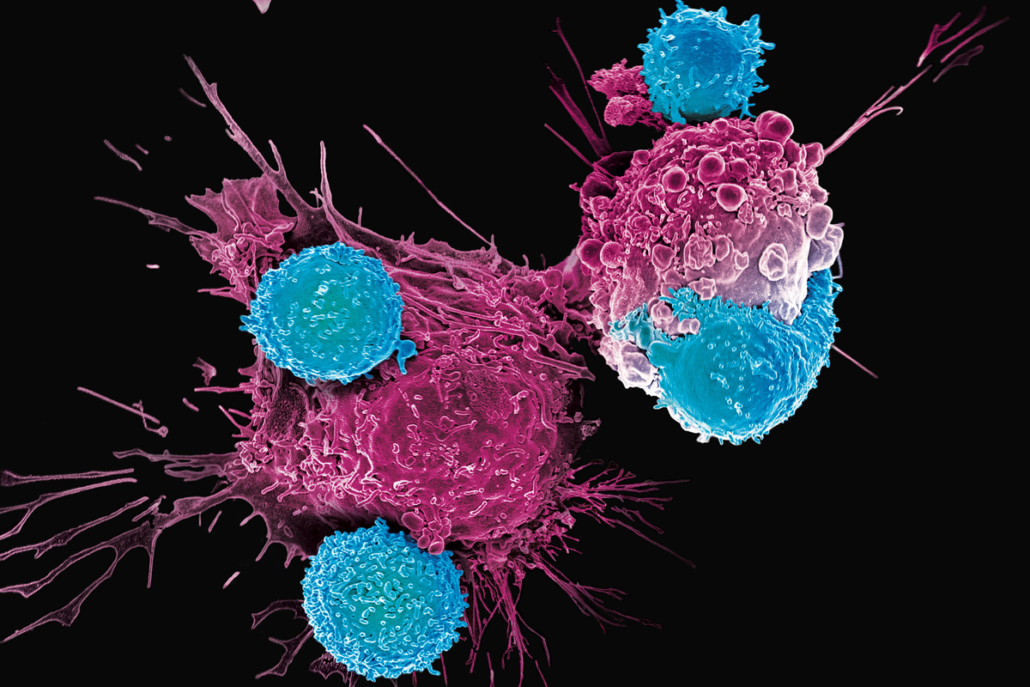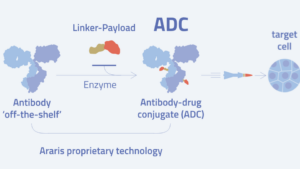
Drug puts CAR T activity on hold
German researchers have found a way to curb the activity of CAR T cells, even while keeping their cancer-fighting properties intact.
CAR T cells are invaluable as a last line defense for patients suffering from blood cancers. However, they can cause highly severe side effects such as cytokine release syndrome, which until now, often makes it necessary to effectively kill the cells. Now, Würzburg researchers have found that in mice the approved therapy dasatinib can serve as an "on-off switch" for CAR T cell activity. Katrin Mestermann and her colleagues from the University Hospital Würzburg published their findings in the current issue of Science.
Dasatinib, marketed as Sprycel by Brystol-Myers Squibb for the treatment of leukemia, locked two types of CAR T cells into a dormant state by interfering with an enzyme called LCK, preventing the cells from proliferating or secreting inflammatory molecules. Dasatinib halted the activity of CAR T cells for seven days. When dasatinib was removed, the CAR T cells quickly resumed their activity – and were just as effective as untreated cells.
Cytokine release syndrome (CRS) is a type of systemic inflammatory response syndrome that can occur as ad adverse effect of adoptive T-cell therapy. It occurs when occurs when large numbers of white blood cells – among them T cells – are activated and release inflammatory cytokines, which in turn activate yet more white blood cells. In severe cases, it can be fatal. Mestermann and her team found that only a quarter of mice that were given a CAR T cell infusion survived CRS. However, when the scientists administered dasatinib soon after the infusion, 70 percent did not experience fatal CRS.
Researchers at the Stanford Cancer Institute have also come to similar results as published in Blood Advances.
The studies fuel the hope that dasatinib may serve as an emergency drug to quickly halt onset of CRS in patients receiving CAR T cell treatment. It remains to be seen if the findings can be replicated in humans.



 Microbiotica
Microbiotica Araris Biotech AG
Araris Biotech AG